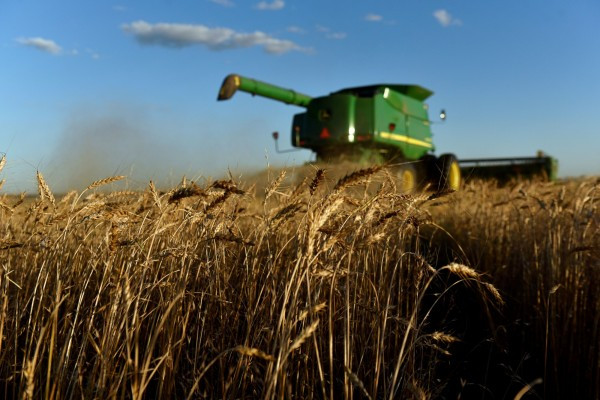China's National Development and Reform Commission (NDRC) said that contrary to reports that Beijing is staying away from US agricultural products, the country is implementing signed agreements for soya bean purchases among many other agricultural products' signed agreements.
Starting from late June when the G20 summit happened until the end of July, US soya beans amounting to 2.27 million tons got shipped to China already.
Due to being the largest agricultural import in terms of value, much focus has been put on keeping intact exports of America's soybeans to China.
Last year, though China's export of soybeans is just 9.2 percent of the US total exports to Beijing, the US got $14 billion from this.
Because of the price US soybeans have, China had three-quarters of the total value of its US agricultural product exports just for these beans.
Likewise, since July, Chinese enterprises have been asking US exporters about prices of sorghum, corn, soya beans, wheat, and ethanol.
As proof that China's top economic planning body, NDRC, is still purchasing US crops, by August 2, there were deals inked for 130,000 tons of soya beans, 75,000 tons of hay, 40,000 tons of pork and pork products, 5,700 tons of dairy products, 400 tons of fresh fruit, 120,000 tons of sorghum, 60,000 tons of wheat, 25,00 tons of cotton and 4,500 tons of processed fruit.
Chinese enterprises will, on the subject of tariffs, apply to the Customs Tariff Commission for exemption.
Hong Junjie, a professor of international trade at the University of International Business and Economics in Beijing says an application for tariff exemptions "will not only enhance (its) food security but may also further improve the quality of agricultural products, bringing (its) people more options of farm goods across the world."
NRDC admits that due to a lack of price competitiveness, there are some pending deals.
"China and the US are highly complementary in the agricultural sector," says Cong Liang, NDRC secretary-general "and it is in the common interests of both sides to trade foodstuffs."
He also added that after President Xi Jinping and President Donald Trump "met in Osaka", Beijing has demonstrated great goodwill and positive efforts in buying US crops "and has already made considerable progress."
Cong didn't deny that tariffs hurt "both sides."
Vice-chairman of the China Society for WTO (World Trade Organization) Studies, Huo Jianguo, commented on why some deals are still hanging, "China's purchase of agricultural products is only based on reasonable market prices and good quality."






